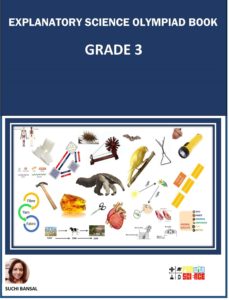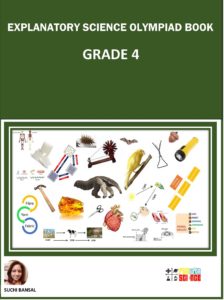LUDWIG VAN BEETHOVEN
Home » LUDWIG VAN BEETHOVEN

Subscribe to our Newsletter
LUDWIG VAN BEETHOVEN
CLASSICAL MUSIC COMPOSER
Birthday: December 16, 1770
Nationality: German
Sun Sign: Sagittarius
Died At Age: 56
Born In: Bonn, Germany
Famous As: Composer
Known as the Shakespeare of Music, Ludwig Van Beethoven was one of the greatest composers the world has ever had. He was one among the pioneers of instrumental music in European culture, though acquired deafness restricted him from actively involving in social life, it never stopped his creativity. During the premiere of his final masterpiece, ‘Ninth Symphony’, Beethoven had to turn around to view the clapping of the audience as he had become totally deaf by then.
Some of his greatest works were composed while Beethoven was going deaf.
FAMILY
· Beethoven had two younger brothers who survived into adulthood: Caspar, born in 1774, and Johann, born in 1776.
· Beethoven’s mother, Maria Magdalena van Beethoven, was a slender, genteel, and deeply moralistic woman.
· His father, Johann van Beethoven, was a court singer and was known for his alcoholism than any musical ability.
· Beethoven’s grandfather, godfather and namesake, Kapellmeister Ludwig van Beethoven, was Bonn’s most prosperous and eminent musician.
CHILDHOOD ABUSE
· Sometime between the births of his two younger brothers, Beethoven’s father began teaching him music with an extraordinary rigor and brutality that affected him for the rest of his life.
· Neighbors accounted of the small boy weeping while he played the clavier.
EDUCATION
· In 1781, at the age of 10, Beethoven withdrew from school to study music full time with Christian Gottlob Neefe, the newly appointed Court Organist, and at the age of 12, Beethoven published his first composition, a set of piano variations on a theme by an
obscure classical composer named Dressler.
· By 1784, Beethoven’s father was no longer able to support his family because of his alcoholism, and Beethoven formally requested an official appointment as Assistant Court Organist. Despite his youth, his request was accepted, and Beethoven was put on the court payroll with a modest annual salary of 150 florins.
MUSIC TRAINING
· Ludwig van Beethoven began his music training under with his father, learning clavier and violin from him, from the age of five. However, the experience was not at all a happy for the young boy, who was regularly flogged and locked in the cellar for slightest mistakes.
· Even if he hesitated, his father, who wanted to make another Mozart out of him, would beat him up brutally, yelling he was an embarrassment to the family. Weeping, the boy would continue to play while standing on a tool to reach the keys.
· He was an average student, poor in spelling and sums, which led to the belief that he might have been suffering from mild dyslexia.
· He had himself said “Music comes to me more readily than words.”
From 1790 to 1792, he composed number of pieces.
LOSS OF HEARING
· From 1798, Ludwig van Beethoven started experience hearing loss, which by 1802 became so evident that he felt suicidal.
· Despite growing deafness, he now started producing astonishingly large volume of music.
MAJOR WORKS
· Eroica: Symphony No. 3
In 1804, only weeks after Napoleon Bonaparte proclaimed himself Emperor of France, Beethoven debuted his Symphony No. 3 in Napoleon’s honor. it was his grandest and most original work to date.
· Symphony No. 5
One of Beethoven’s best-known works among modern audiences, Symphony No. 5 is known for its ominous first four notes. In 2001, its original hand-written manuscript was added to the United Nations Memory of the World Programme Heritage list.
· Symphony No. 7
Premiering in Vienna in 1813 to benefit soldiers wounded in the battle of Hanau, Beethoven began composing this, one of his most energetic and optimistic works, in 1811. The composer called the piece “his most excellent symphony.”
· Ode to Joy: Symphony No. 9
Beethoven’s ninth and final symphony, completed in 1824, remains the illustrious composer’s most towering achievement. He is best remembered for his ‘Symphony No. 9 in D minor, Op. 125’. Today, the work is considered to be the best known work in the entire Western musical canon.
DEATH
Beethoven died on March 26, 1827, at the age of 56, of post-hepatitic cirrhosis of the liver.
BOOKS
We have our e-books published on Amazon for Grade 3 and Grade 4. The books serve as an important guide for Science Olympiads organized by SOF, Silverzone, Unified Council and others. Books are designed to help students understand key science concepts.
The key highlights of the book are:
· Well explained topics
· Use of diagrams and images for
students to visualize
· Test exercise after each chapter for self-assessment and evaluation
· Interesting facts sections spread across the book
Here are the links:





